Property Investment Mastery by Henry Kaye
$15,000.00 $80.00
Format Files: [2 DVDs (Rips)]

Property Investment Mastery by Henry Kaye
Archive : Property Investment Mastery by Henry Kaye
Get Property Investment Mastery by Henry Kaye on Salaedu.com
The Notorious Henry Kaye is the man most responsibe for the property bubble that swept Australia from 1999-2003.
This man created an empire in the space of about 3 years, then it all came crashing down, government investigations, ACCC, bankruptcy followed.
At the height of his fame, he had over 5000 people attending his seminars every weekend. Each paying over $20,000. He then sold those seminars on DVD for $15,000.
This DVD rip is from those seminars. The meat of the seminar is on these.
Module 6 – Advanced Finance system for property settlements
- Perform extreme finance due diligence
2. Prepare a professional fiance proposal
3. Alternate finance strategies
4. Second Mortgage Funding
5. Property Angels – Debt/Equity Partnerships
6. Purchase multiple properties with No personal debt risk
7. Joint ventures with no equity and no debt
8. Selling option contracts to obtain your equity
9. Vendor’s finance
10. Equity based Vendors finance
11. Non-recourse, no personal risk funding
12. Mortgage Insurance
13. Professional Loan package
14. Long-Term fixed or variable Loan
15. Interest Only or Principle and Interest Loan
16. Finance Brokers
17. The internet and Lending
18. Line of Credit
P.S. Some of the strategies presented are ILLEGAL and you should do your own due diligence. Henry Kaye was charged with criminal fraud and faces 10 years imprisonment for doing some of the strategies which is presented here.
Marketing – Sales online course
More information about Marketing – Sales:
Marketing is the study and management of exchange relationships. It is the business process of creating relationships with and satisfying customers.
Because marketing is used to attract customers, it is one of the primary components of business management and commerce.
Marketers can direct product to other businesses (B2B marketing) or directly to consumers (B2C marketing).
Regardless of who is being marketed to, several factors, including the perspective the marketers will use.
These market orientations determine how marketers will approach the planning stage of marketing. This leads into the marketing mix, which outlines the specifics of the product and how it will be sold.
This can in turn, be affected by the environment surrounding the product , the results of marketing research and market research, and the characteristics of the product’s target market.
Once these factors are determined, marketers must then decide what methods will be used to market the product.
This decision is based on the factors analyzed in the planning stage as well as where the product is in the product life cycle.
Sales are activities related to selling or the number of goods or services sold in a given time period.
The seller, or the provider of the goods or services, completes a sale in response to an acquisition, appropriation, requisition, or a direct interaction with the buyer at the point of sale.
There is a passing of title (property or ownership) of the item, and the settlement of a price, in which agreement is reached on a price for which transfer of ownership of the item will occur.
The seller, not the purchaser, typically executes the sale and it may be completed prior to the obligation of payment. In the case of indirect interaction,
A person who sells goods or service on behalf of the owner is known as a salesman or saleswoman or salesperson, but this often refers to someone selling goods in a store/shop,
In which case other terms are also common, including salesclerk, shop assistant, and retail clerk.
Be the first to review “Property Investment Mastery by Henry Kaye” Cancel reply
Related products
Internet Marketing Courses
Internet Marketing Courses
Internet Marketing Courses
Internet Marketing Courses
Shop of Moxie – The 2015 Six Appeal Process from Ash Ambirge
Internet Marketing Courses
Internet Marketing Courses
Internet Marketing Courses
Internet Marketing Courses

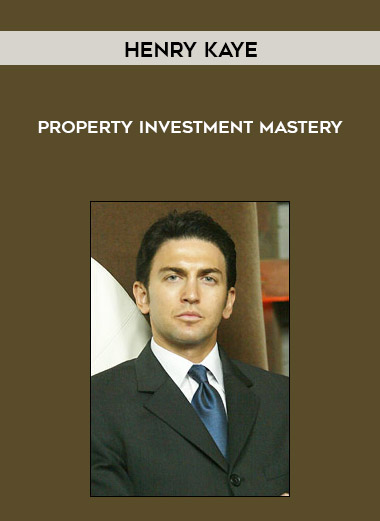
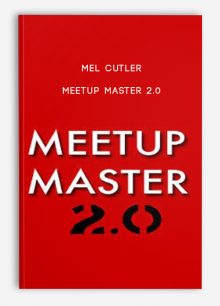
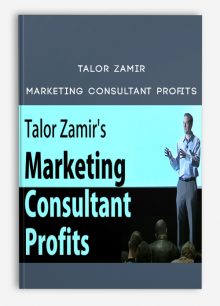

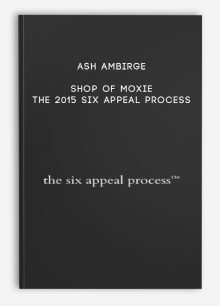
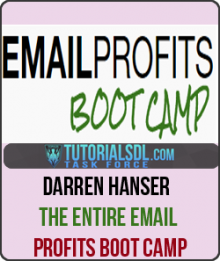
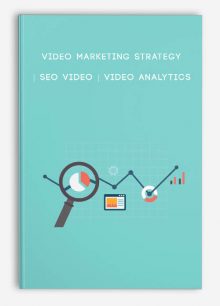
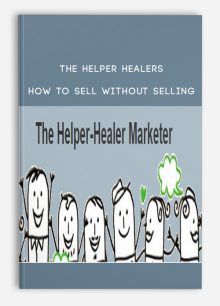
![Copy Hackers [Joanna Wiebe] – Email Copywriting](https://tradersoffer.forex/wp-content/uploads/2017/02/Copy-Hackers-Joanna-Wiebe-–-Email-Copywriting-220x306.jpg)
Reviews
There are no reviews yet.